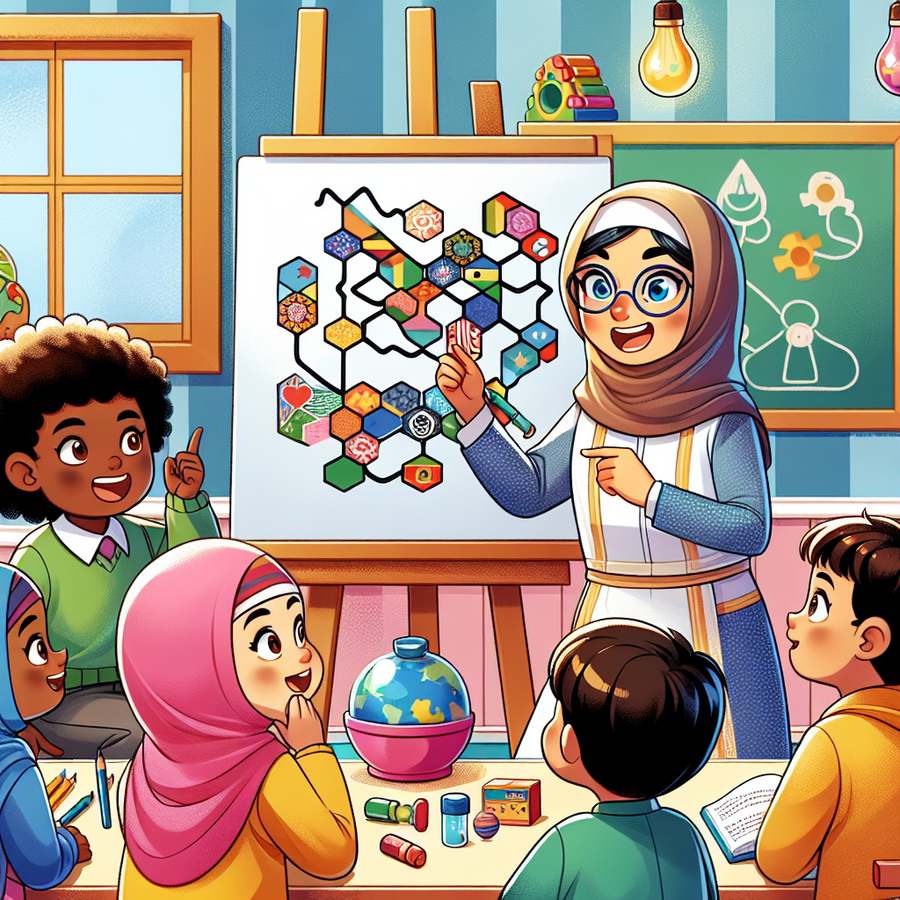Cognitive development in babies is a fascinating and complex process that lays the foundation for future learning, problem-solving, and social interaction. Understanding this critical aspect of your baby’s growth can help you support and nurture their intellectual journey from the very beginning. This comprehensive guide will explore the key stages of cognitive development, offer activities to promote cognitive skills, and provide insight into how you can be an integral part of your child’s cognitive growth.
What is Cognitive Development in Babies?
Cognitive development refers to how a child learns, thinks, explores, and figures things out. It involves the progression of thinking from the very basic level to more complex levels. This development is not just about acquiring knowledge; it’s about learning how to think and understand the world around them. From the moment they are born, babies are actively learning through their senses and their interactions with their environment.
There are several key stages of cognitive development, as outlined by renowned psychologist Jean Piaget. These stages include the sensorimotor stage (birth to about 2 years), where babies learn about the world through their movements and sensory explorations. As parents, understanding these stages can help you provide the right experiences to encourage learning and development. For a deeper understanding of cognitive development stages, consider reading more on BabyWhysAndHows.
How Can I Support My Baby’s Cognitive Development?
Supporting your baby’s cognitive development is about providing enriching experiences that stimulate their senses and curiosity. Engage in activities that promote problem-solving, memory, and reasoning. This can be as simple as playing peek-a-boo to teach object permanence or using blocks to help them understand cause and effect.
Reading to your baby is another powerful tool for cognitive development. It not only introduces them to language but also to concepts such as numbers, colors, and shapes. Interactive reading, where you ask questions and encourage your baby to point to pictures, enhances their understanding and engagement. For tips on effective reading techniques, visit BabyWhysAndHows’s Language Development section.
What Are the Signs of Cognitive Development in Babies?
As your baby grows, there are several milestones to watch for that indicate cognitive development. These include reaching for objects, which shows an understanding of object permanence; babbling, which is the beginning of language acquisition; and solving problems, like figuring out how to get a toy that’s out of reach.
It’s also important to be aware of the variability in development. Each baby is unique and will reach milestones at their own pace. However, if you have concerns about your baby’s development, it’s always a good idea to consult with a healthcare provider. To learn more about developmental milestones, check out BabyWhysAndHows’s Developmental Milestones.
Activities to Encourage Cognitive Development
There are numerous activities you can do with your baby to encourage cognitive development. Simple games like ‘Where’s the toy?’ help with understanding object permanence. Encouraging exploration through touch, taste, and sound stimulates sensory development. And don’t forget the power of music; singing and dancing with your baby can not only be fun but also incredibly beneficial for their cognitive and motor skills.
As your baby becomes more mobile, exploring the outdoors together can offer new and exciting learning opportunities. Nature walks, playing in the sand, and even gardening can teach your baby about the world in ways that indoor play cannot match. For more ideas on activities to boost cognitive development, explore BabyWhysAndHows’s Tummy Time and Hand-Eye Coordination resources.
When to Seek Help for Cognitive Development Issues
While variability in reaching milestones is normal, there are times when it might be necessary to seek professional help. If your baby shows significant delays in cognitive development milestones, or if you notice any concerning behaviors, it’s important to consult with a pediatrician or a child development specialist.
Early intervention can make a significant difference in addressing developmental delays. Resources such as BabyWhysAndHows’s Early Intervention can provide valuable information on getting the support your baby needs. Remember, being proactive about your baby’s development can help ensure they have the best possible start in life.
In conclusion, cognitive development is a crucial aspect of your baby’s growth. By understanding the stages of development, engaging in stimulating activities, and being vigilant about their progress, you can support your baby’s journey towards becoming a curious and intelligent learner. Keep exploring, playing, and learning together, and enjoy every moment of this incredible journey.













